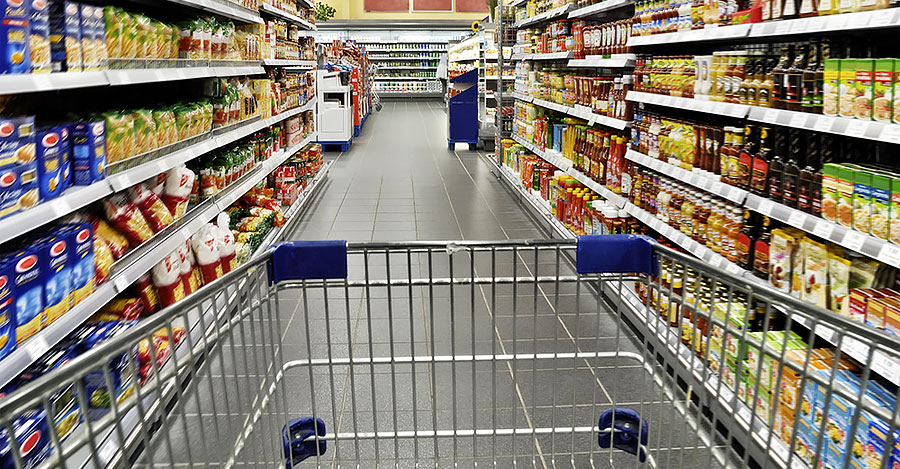Predictions have continued for the Nigerian economy for the new year, as a recent report by Meristem Securities Limited suggested that continued inflation rates and foreign exchange challenges could affect the prices of consumer goods.
According to the report, the industry’s leading players lost N472.35 billion in foreign exchange during the first nine months of 2023, “further underscoring the magnitude of the challenge posed by the Naira’s depreciation on the financial health of consumer goods companies.”
“Therefore, our outlook for the consumer goods sector in Q4:2023 is mixed. While positive signs, such as anticipated price hikes and robust sales during the festive season, are set to drive increased revenue, several concerns cast shadows over this outlook. The ongoing inflation surge, the naira’s continued depreciation, and challenges in foreign exchange liquidity are expected to weigh on companies’ profitability.”
As at November, Nigeria’s inflation rate was 28.20 percent. Businesses that owed money in foreign currencies, such as Nigerian Breweries Plc, Nestle Nigeria Plc, Guinness Nigeria Plc, and Cadbury Nigeria Plc, have also had to deal with increased debt loads, more costly credit letters, and significant foreign exchange losses as a result of the debt revaluation.
The report added that in 2024, “we anticipate more players in the industry to engage in business restructuring, strategic acquisitions, and expansions to sustain profitability and navigate the challenging operating conditions in the Nigerian market.
“Despite ongoing struggles with rising costs due to inflation and substantial FX losses affecting their bottom line, we foresee consumer goods companies adapting their product categories to remain relevant and innovative, aiming to stay ahead of the curve in serving evolving consumer needs”.
Nigeria’s infrastructural challenges, characterized by an underdeveloped power sector and hampered access to market, make it difficult for the country to attract and retain investors, thereby undercutting widespread economic development.

